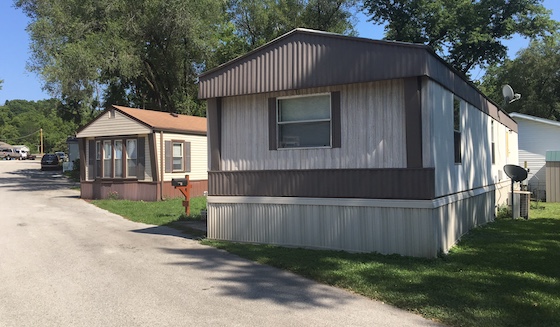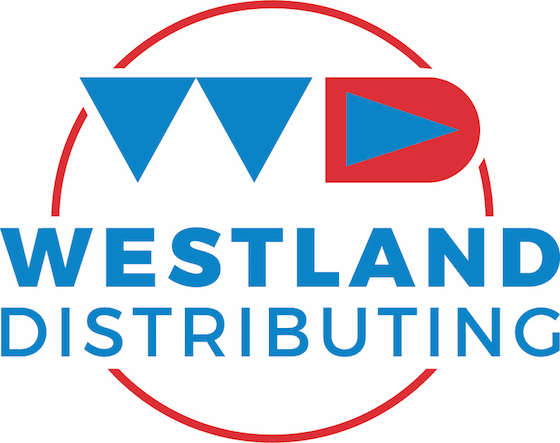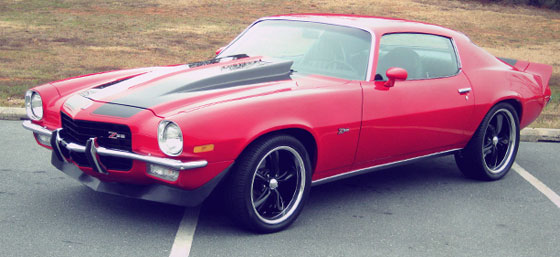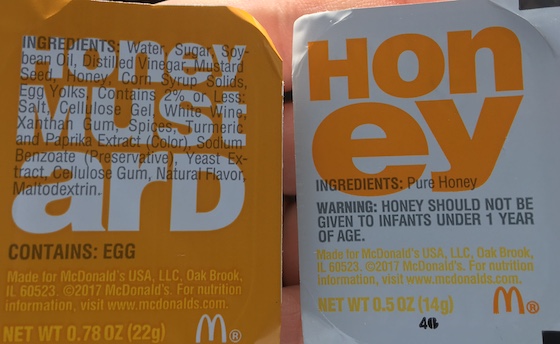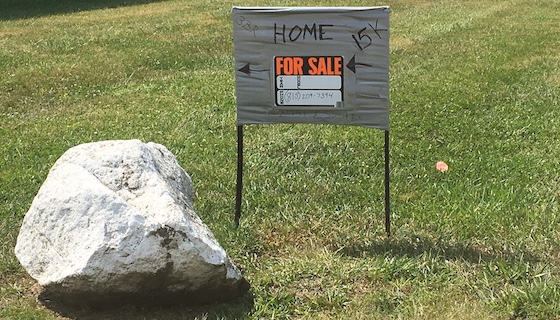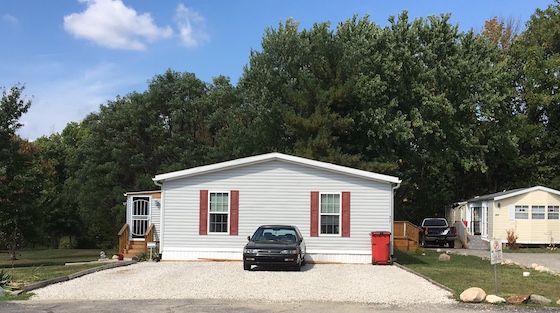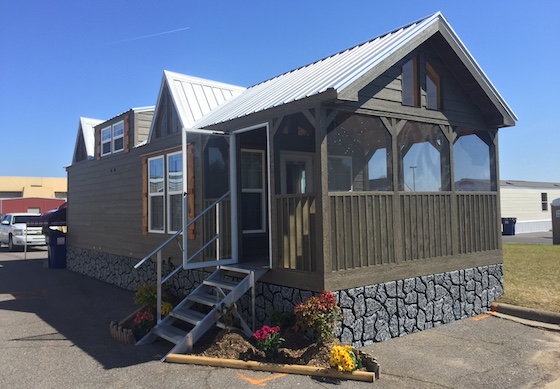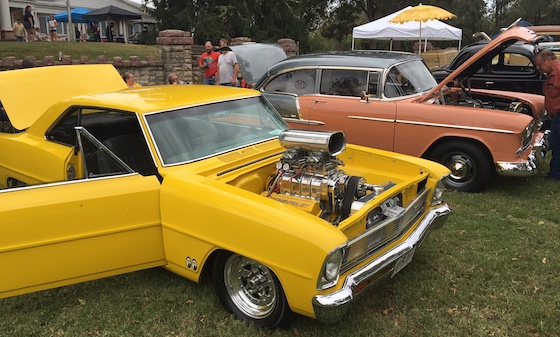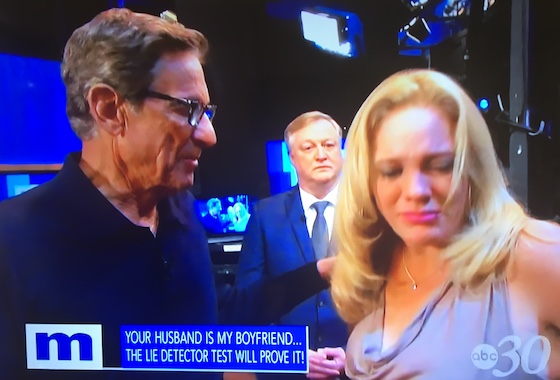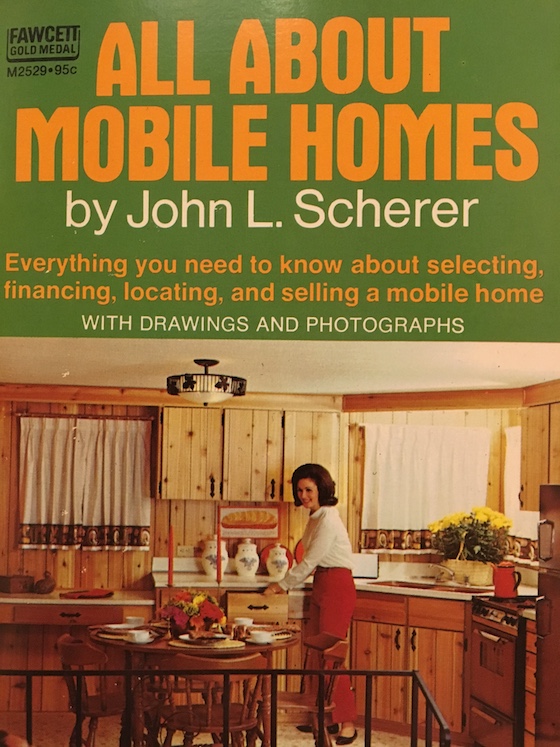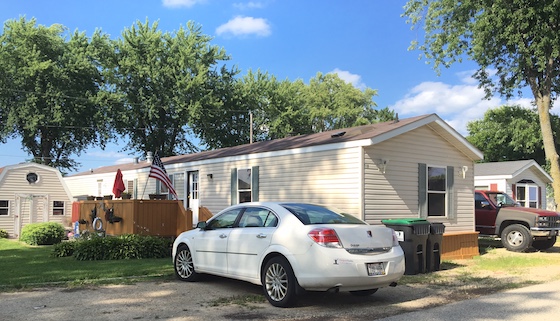Dave has lived in Colorado virtually his entire life, and our management company is based in Denver. However, that’s not the reason we buy so many parks there. The real reason is that mobile home parks in Colorado have a long track record of success. So what makes Colorado such a great mobile home park market?
Huge demand for affordable housing
The median home value in Colorado is $337,900, which is up 8.8% over the past year and Zillow predicts it will rise an additional 3.7% within the next year. The median list price per square foot in Colorado is $215 and the median price of homes currently listed in Colorado is $399,500. Meanwhile, the average two-bedroom apartment rents for $1,396, and a three-bedroom apartment averages $1,744 per month. The net effect is that the demand for affordable housing in Colorado is huge – there are virtually no housing options at all for those who are in the bottom third of earning capacity.
Attractive to lenders
Lending has its popular favorites, and making loans in Colorado is extremely attractive to most banks. This allows park buyers to obtain loans easily, as well as find plenty of willing sellers later on, who can also share in easy financing for their purchases. Why do lenders like Colorado so much? We’ve found that many lenders base their decisions on past experiences, and few have had loan defaults or losses in Colorado. Since the state has grown rapidly and stayed on-course economically, there have been very few loans go into receivership.
Few natural disaster risks
Another unique item about Colorado is the near-virtual absence of natural disaster risk. It’s too far inland to worry about hurricanes, and too mountainous to be a tornado magnet. It’s not prone to wildfires and has never had a major earthquake. The only risk for Colorado mobile home park owners is a home being pulled by the repo man, or a major water leak.
Solid demand from other park buyers
Colorado has an excellent reputation with park buyers, ranging from those who own one park to giant portfolio owners. This attraction has come from a track record of success – from rough, urban parks to fancy five-star. This popularity has resulted in a constant state of liquidity for anyone who owns a mobile home park. When properties go on the market – assuming they are priced right – they rarely sit for long.
Huge population growth
Colorado is the second fastest growing state in the U.S. It’s population growth is twice the national average. This has benefitted all real estate – not only mobile home parks. The housing market, in general, has rocketed forward. But this growth in prices has simply pushed lot rents to ever-higher levels, and increased demand and occupancy.
Good employment sectors
The average unemployment rate in the State of Colorado is 2.1% -- less than half of the U.S. average of 5.2%. This strength is the byproduct of a great diversification of employment, and a concentration in sectors that are recession-resistant and fast-growing. The largest employment sectors in the State are government and education with 430,100 employees, followed by healthcare with 329,000, tourism with 177,700, food and agriculture with 173,000, high-tech with 149,400, and defense with 73,100.
Conclusion
Colorado is a great state for mobile home parks. Always has been, and always will be (assuming there are no big changes in its trajectory). Dave’s first parks were in Colorado, and our management company is based there. We own parks throughout the state. It’s one of our favorites.


